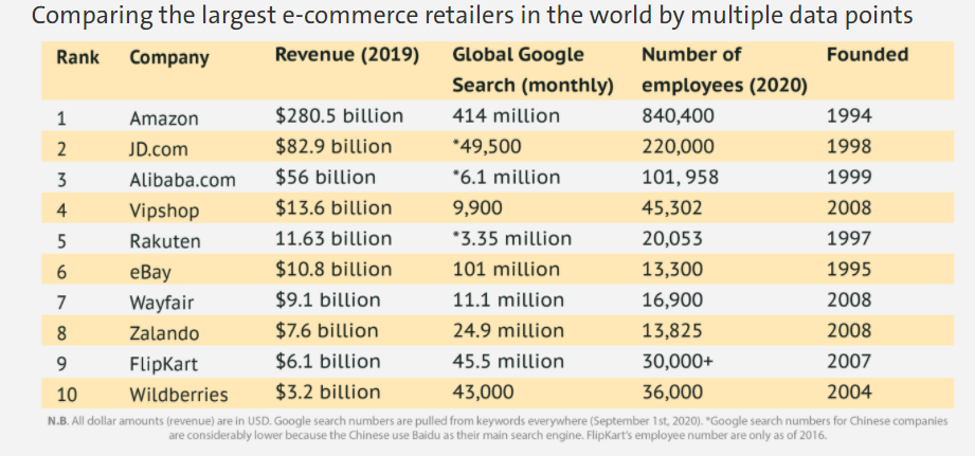Padrós Asks To Allocate Non Essential Budget Items
The president of the Official College of Physicians of...
How Staying Connected to Electrical Installations Enables Greater Business Efficiency?
Image courtesy of ABElectricians. What is a baker meant to...
IN-DEPTH REVIEW OF STELLAR PHOTO RECOVERY SOFTWARE
If you’ve been handling digital cameras far...
The Most Secure Bitcoin Wallets in The UK
Before jumping right in to getting yourself bitcoin, you...
Things to Consider Before Installing Underfloor
Are you thinking about adding underfloor heating to your...
How to Make the Most of Your Lockdown Valentine’s Day
Valentine’s Day 2021 is set to be a memorable one – perhaps...
Discover Ten Benefits of Using a POS System
Whether a retailer or a restaurant, a POS system offers...
What Are the Benefits of Telehealth Services and Virtual Appointments?
Healthcare workers and medical practices could see major...











 Bitcoin
Bitcoin  Ethereum
Ethereum  Tether
Tether  XRP
XRP  USDC
USDC  Solana
Solana  TRON
TRON  Lido Staked Ether
Lido Staked Ether  Cardano
Cardano  Avalanche
Avalanche  Toncoin
Toncoin